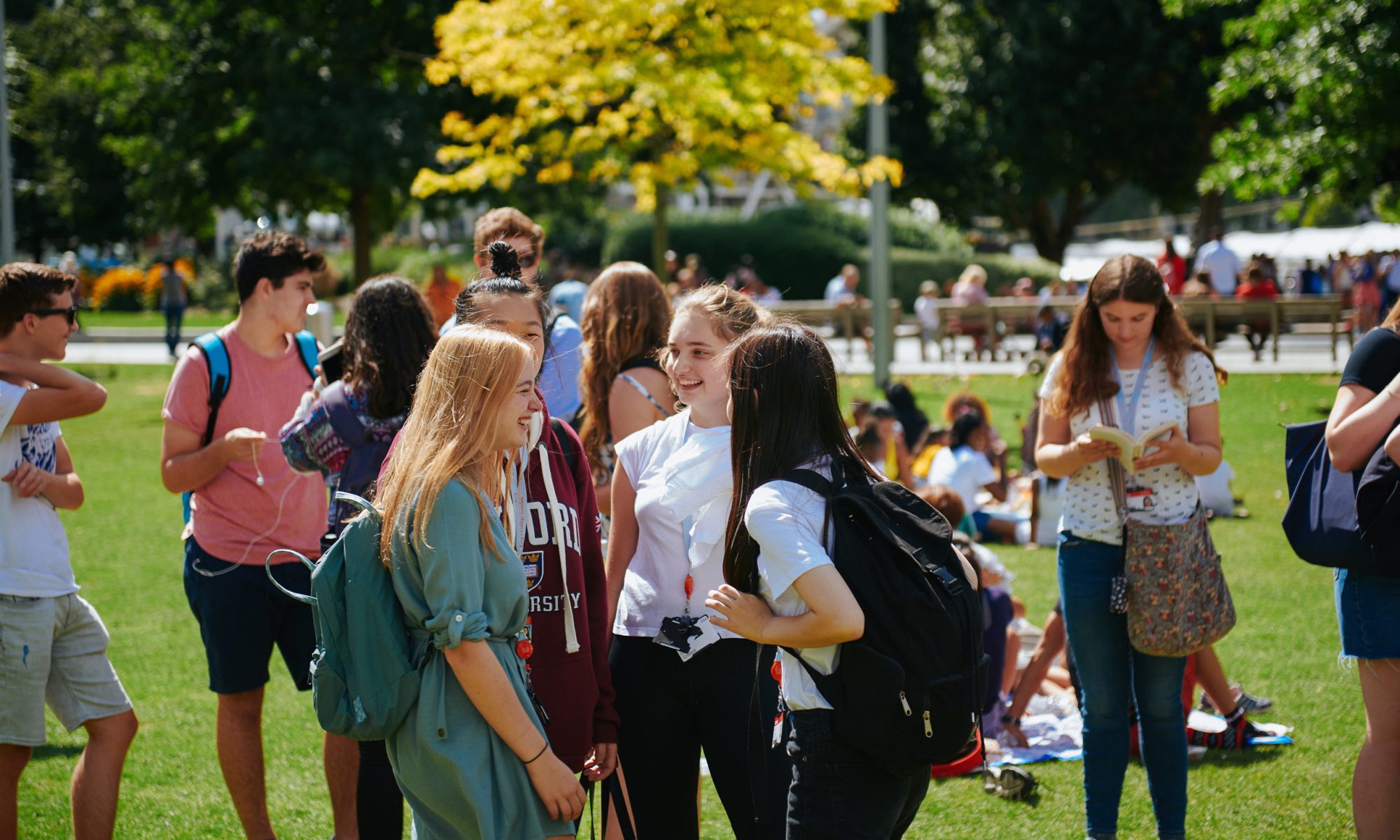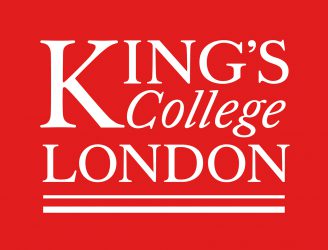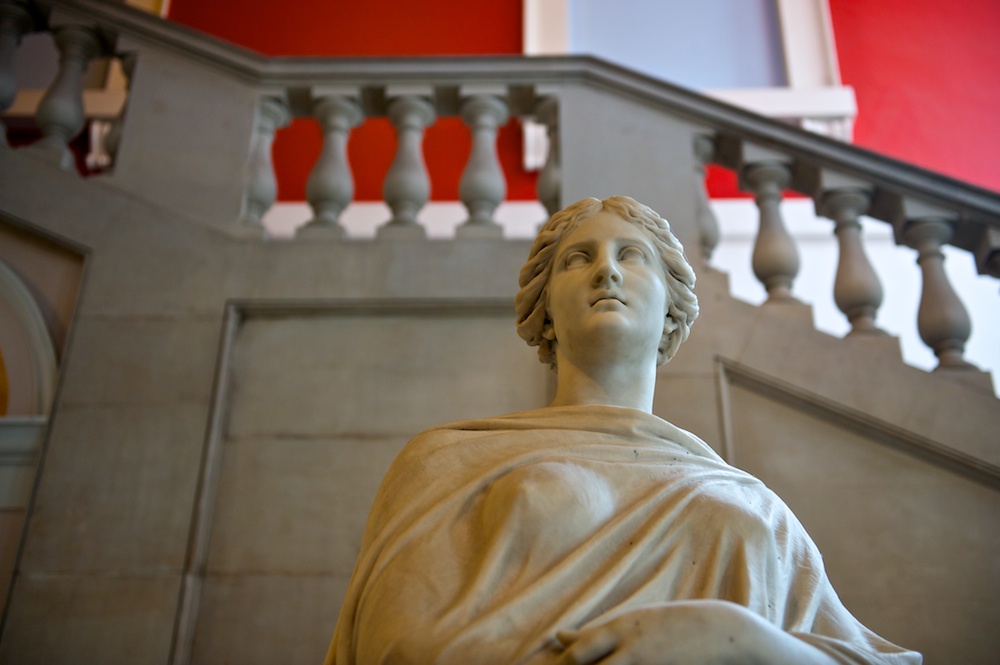
Applying to an academic course can sometimes feel like an intimidating process, but the reality is far from that. Applying to our Summer School is a really simple process that takes just a few steps.
You can read a guide on how to apply for our Summer School on our website, but below are some of the most common questions we get asked in the office.
Why do I need to make a first and second choice when picking my course? Can I only pick one?
Of course we wish all the courses that we offer to our students would run each summer. However all courses need to attract a minimum number of students in order to run, and this combined with last minute events can cause courses to be cancelled. When you apply to our Summer School you are always asked to chose a first and second choice course, in case your first choice does not run.This means that when you are accepted by the admission panel, you are accepted onto the Summer School itself and not a particular course.
We confirm all courses running by the end of May, and if your first choice course does not run, you will automatically be allocated your second choice. You will have a period to make a decision on whether you want to leave the programme and be refunded – full details and dates are in our Terms and Conditions – or continue on with your second choice.
Why do I need an English language certificate?
If your first language is not English and you do not attend an English speaking university, you will need to provide us with proof of your language ability. All our courses are intensive and taught in English, and are not designed to act as substituent English language classes. The certificates we accept can be found here on our website. If you have another English language certificate that you feel proves your ability, please get in contact with us.
What kind of transcript do you expect?
Your most recent available transcript. You should speak to your home university about providing you with this. If the most recent transcript you have dates from the previous academic year then that is fine. If you are at all worried, we recommend attaching your high school grades if possible.
What should I write in my motivational statement?
Your motivational statement does not need to be very long. We are looking for the reasons why you are applying, what you think you will bring to the course and what you wish to get out of the experience. Please also include any other information you feel is important for us to know.
What else should I know?
Once you submit your application you need to pay a nonrefundable application fee. You can pay your fee using a credit or debit card. Once you make the payment, please don’t click away from the page or refresh as this can block the payment. If you do experience any issue with the payment, contact your bank to confirm they are allowing the payment before contacting us.
You will receive an answer regarding your application within 7 working days of submitting your application.
Don’t be tempted to apply without all your documents. Applications missing documents won’t be processed.
If your file is too large to upload, please try resizing it before attaching. Alternatively you can email this to us.
And finally remember if you have any questions, we are always here to help!







 We are lucky that our course will take place at the Strand Campus, a prime location in London. With this advantage, we have access to the Imperial War Museum, the British Library and the extensive historical archives in King’s College. Both myself and Giuditta are very excited to announce our collaboration with the Archives Centre at Kings: they are helping us to develop a workshop on revolutionary propaganda, including exclusive access to documents on the British Fascist movement and India’s transition to from colonial rule to national independence.
We are lucky that our course will take place at the Strand Campus, a prime location in London. With this advantage, we have access to the Imperial War Museum, the British Library and the extensive historical archives in King’s College. Both myself and Giuditta are very excited to announce our collaboration with the Archives Centre at Kings: they are helping us to develop a workshop on revolutionary propaganda, including exclusive access to documents on the British Fascist movement and India’s transition to from colonial rule to national independence.







